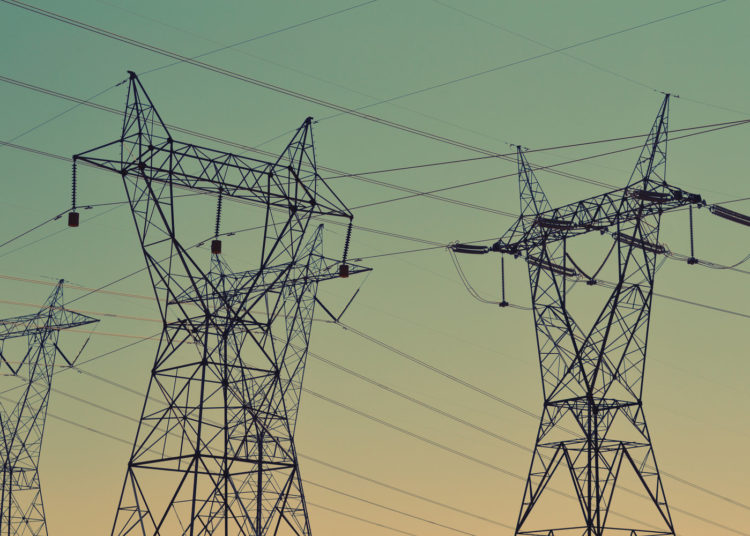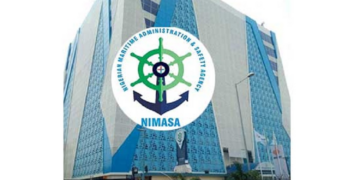Nigeria’s power sector fragility requires an inclusive intervention to provide adequate buffer that will guarantee grid stability says key power experts.
LEADERSHIP findings show that the incessant grid collapse in Nigeria is partly as a direct result of inability of Distribution Companies and Transmission Company to accurately identify and trace faults and provide real time intervention and therefore requires deployment of modern technology across value chain.
According to experts, consistent grid collapse in the system is about failure to adequately monitor distribution and transmission faults.
Speaking with LEADERSHIP on how to curb frequent grid collapse in the country, the executive director, Research and Advocacy of the Association of Nigerian Electricity Distributors(ANED), Sunday Oduntan, recommended acquisition of Supervisory Control and Data Acquisition-Distribution Management System (SCADA-DMS), which, he said, has proven to be an effective technology that facilitates real time fault detection in the power sector.
Oduntan said, only the Eko Electricity Distribution Company (EKEDC), has so far acquired the technology and it is the first functional SCADA-DMS in West Africa.
He said the asset cost the company about N5 billion at the time of installation but may have risen to about N8 billion given the current exchange rate and inflation.
“For the country to enjoy better services across the value chain all 11 DisCos should acquire the technology as well as the transmission company as each segment is linked to the other and any gap experienced by one affects the rest” he explained.
LEADERSHIP reports that the SCADA is a centralised computer system which tracks electricity network operations from physical monitoring, remote coverage and relay of network information.
It is one of the most advanced technologies in the power distribution industry and equips DisCos and Transmission company technical issue and customers’ complaints.
At the inauguration, of the facility by EKEDC, in 2020, President Muhammadu Buhari said his administration is committed to addressing the liquidity challenges which are adversely affecting the power sector’s viability, the increased fiscal burden on the federal government occasioned by tariffs shortfalls in the sector which can no longer be sustainable.
He said government’s efforts through the Central Bank of Nigeria’s Power Assistance Fund (CBN- PAF), an initiative targeted at supporting tariff shortfalls can no longer be extended and must be phased out to promote financial independence for the sector.
The SCADA-DMS project currently provides access to real time data that enables distribution system operators to make informed decisions that improve reliability and availability, consistent with the targets of the Service Based Tariff (SBT) regime.
The project funded by the Central Bank of Nigeria (CBN) via the Nigerian Electricity Market Stabilisation Facility (NEMSF), was being implemented in phases through a partnership with Tech Systems Limited, and a Canadian based company, M/S Survalent Technology, a leading technological company reputed in providing SCADA-DMS-OMS solutions.
The long-term network automation system will strengthen the power grid management at the National Control Center in Osogbo, Osun State, to improve the real-time operation of the national power grid.
Nigeria’s power grid has recorded a series of collapses this year that have plunged many parts of the country into darkness.
To reduce the rate of grid failures, minister of Power Abubakar Aliyu said the federal government would fast-track the purchase and installation of a Supervisory Control and Data Acquisition (SCADA) system.
Electricity generation on the grid continues to fluctuate due to various concerns such as gas constraints, water management challenges and gas pipeline sabotage.
But TCN said Wednesday that its new technology will improve grid monitoring and help manage it going forward.
“The deployment of the smart grid system is an advanced stage in the procurement process for rolling out state-of-the-art supervisory control and data acquisition/energy management systems,” said the general manager of public relations. , Ndidi Mbah said:
The TCN managing director, Sule Abdulaziz said the NCC’s control room was solely responsible for all activities related to grid network data acquisition, real-time grid operation and management for optimal service delivery.
The company said it has accelerated the digitization of grid operations.











